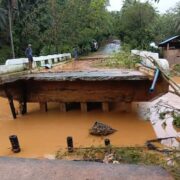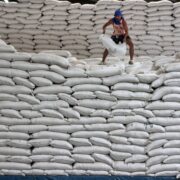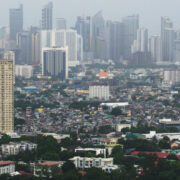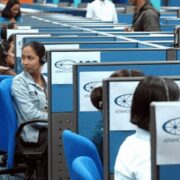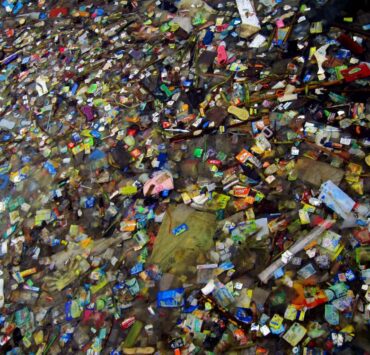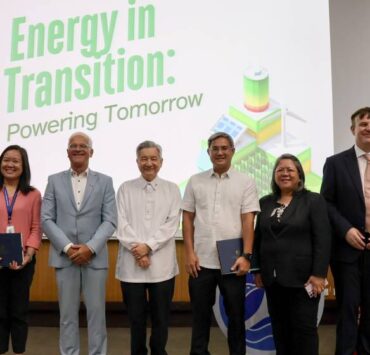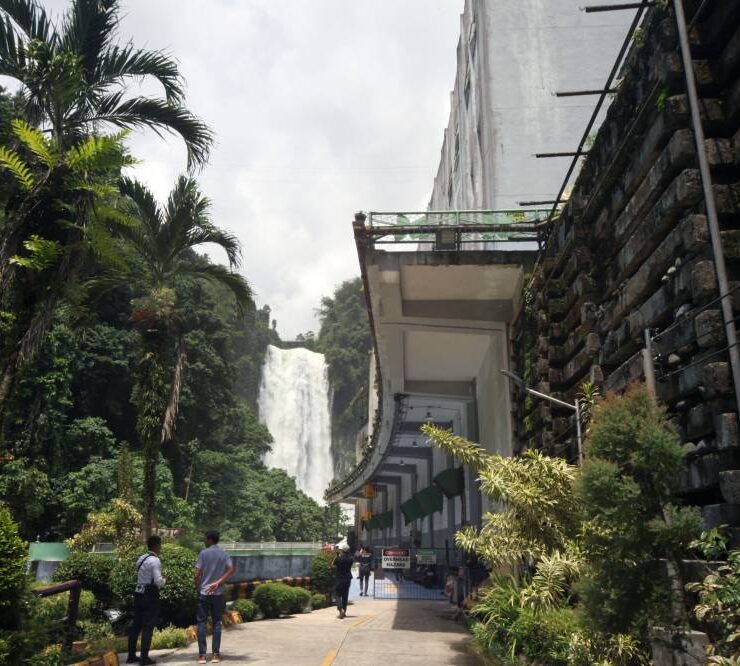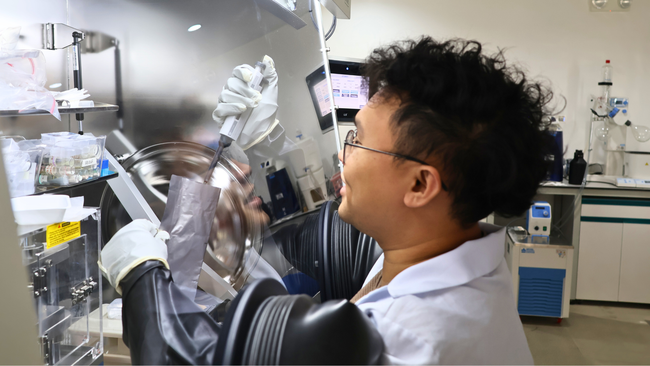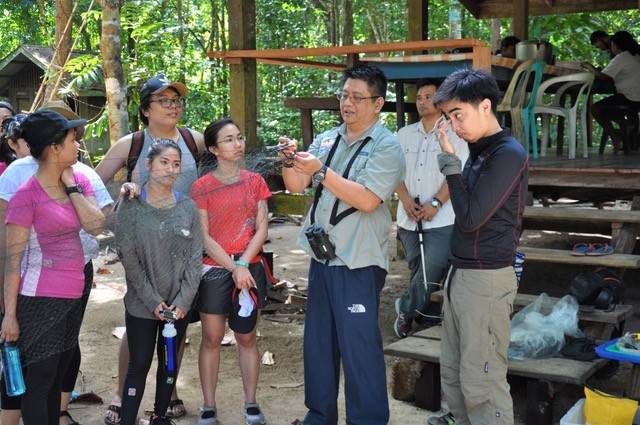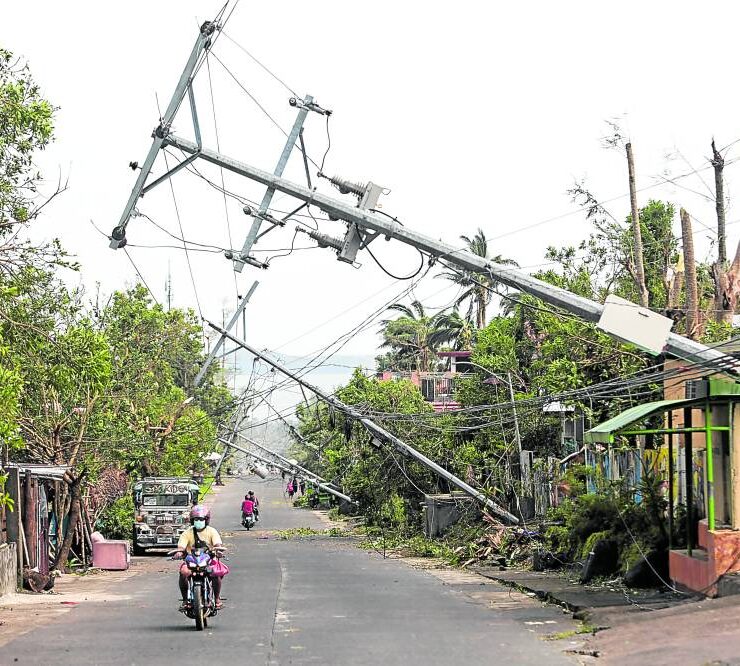Water from air: Italian tech plant to rise in CamSur
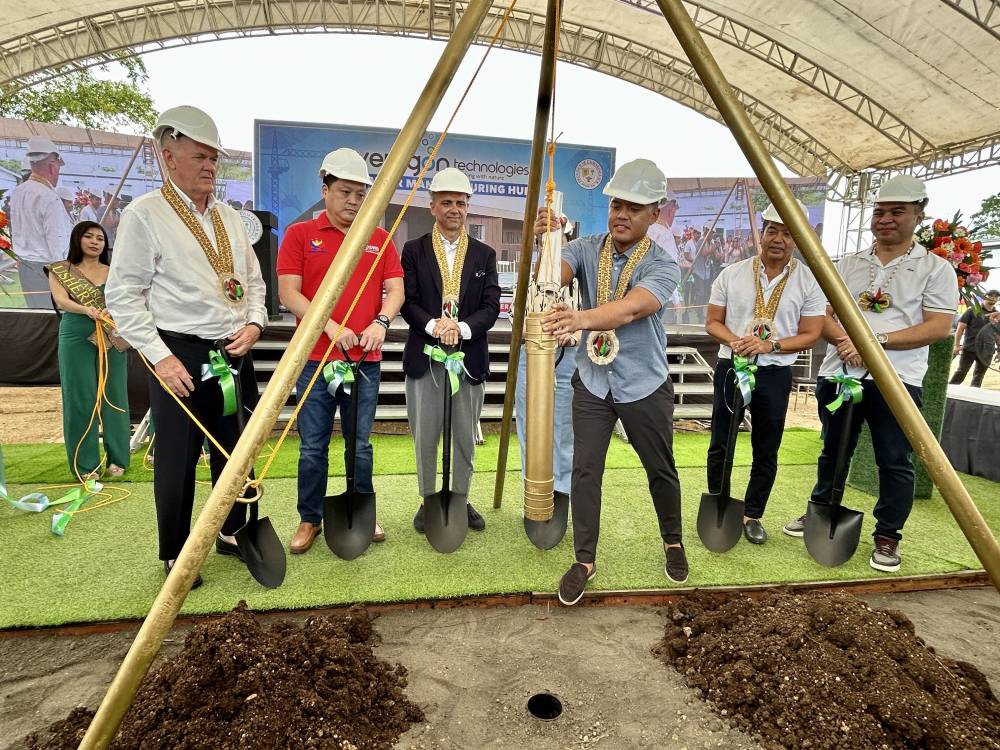
PILI, CAMARINES SUR—A new water technology manufacturing hub, which can produce water from air, is set to rise in Camarines Sur.
The facility, which is a collaboration between the provincial government of Camarines Sur and the Italian firm Veragon Technologies, broke ground on Feb. 26 at the Provincial Capitol Complex at Barangay Cadlan in Pili town. This will serve as Veragon’s first manufacturing plant in Southeast Asia, focusing on sustainable water solutions.
Social Welfare Secretary Rex Gatchalian emphasized the importance of the facility in addressing water shortages, particularly during calamities. The plant is expected to enhance the province’s water security by reducing reliance on external sources, ensuring a steady supply of clean water—especially during typhoons, droughts, and other emergencies.
“We can use Veragon Technologies for WASH (Water, Sanitation, and Hygiene) to fight stunting [among children] because water is crucial in combating malnutrition. At the same time, its other purpose is to provide water during disasters,” Gatchalian said.
He recalled that during Typhoon “Kristine” (international name: Trami), the Department of Social Welfare and Development (DSWD) had to airlift gallons of water from Manila using a C-130 plane.
“The cost of ferrying the water was significantly higher than the amount of water delivered,” he explained. “This facility presents an innovative and practical solution within reach.”
Eco-friendly
The water technology manufacturing hub is expected to begin its operation in September.
Veragon Technologies specializes in atmospheric water generation (AWG), an innovative system that extracts clean drinking water from humidity in the air, a press statement said.
This method provides a sustainable alternative to groundwater extraction and significantly reduces the environmental impact of bottled water consumption, it added.
By eliminating the need for plastic containers and large-scale water transport, AWG also helps cut carbon emissions and plastic waste, making it an eco-friendly solution for communities facing water shortages.
The project aligns with global efforts to develop environmentally responsible solutions for communities struggling with water access.
“With this initiative, the provincial government of Camarines Sur and Veragon Technologies are taking a major step toward disaster resilience, economic growth, and eco-friendly innovation—ensuring clean and safe drinking water for both daily use and emergency situations,” the statement said.
How it works
Veragon CEO and founder Dr. Alessio Lucattelli explained that the unit, imported from Italy, can be powered by solar energy, the electricity grid, or a generator.
“Basically, the machine draws in air. Inside, there is a cold panel where condensation occurs, transforming humid air into droplets of water. These droplets collect in a tank beneath the machine, where the water is mineralized and sterilized through a filtration system before it is ready for consumption,” Lucattelli told the Inquirer in an interview during the groundbreaking ceremony in February.
He added that the machine has built-in sensors to monitor water quality. If any issues are detected, the system automatically stops dispensing water.
Lucattelli said the amount of water produced “depends on the size of the machine.” “But normally, we produce between 1,000 to 5,000 liters of water in 24 hours,” he added.
Lucattelli noted that one key advantage of the machine is its mobility.
“It can reach remote areas and provide an immediate solution in times of disaster—preventing communities from being without water for hours, or even days,” he said.
“This will generate employment and rely on local supplies from the Philippines. The best part is that workers will receive training, equipping them with knowledge about this innovative technology,” Lucattelli added.
Cost-efficient
Veragon’s business development director Stephen White expressed excitement about producing the first unit made in the Philippines.
“The unit is not disposable; because of its technology, it can last for 15 years. This will be a huge help for less fortunate communities that have long struggled for access to clean water,” White said in a separate interview.
He also noted that maintenance is cost-efficient because the “filtration cartridges only need replacement once a year or after producing 38,000 liters of water.”
Trade Secretary Fred Roque congratulated the stakeholders for establishing the facility, calling it a symbol of progress, hope, and a commitment to sustainability.




